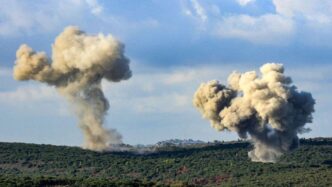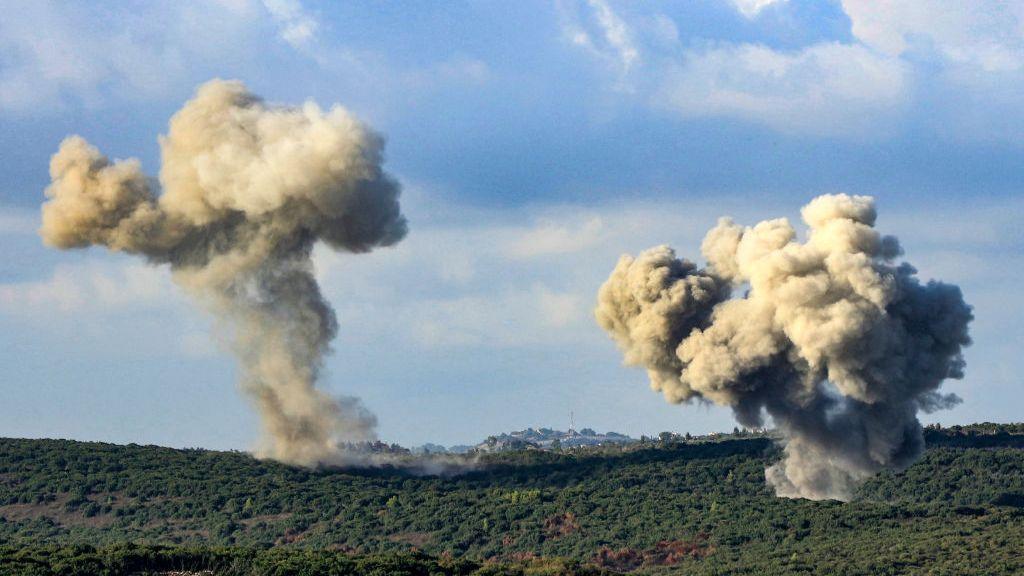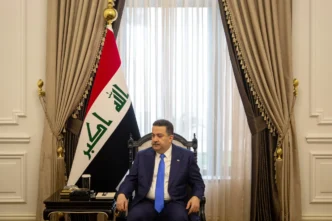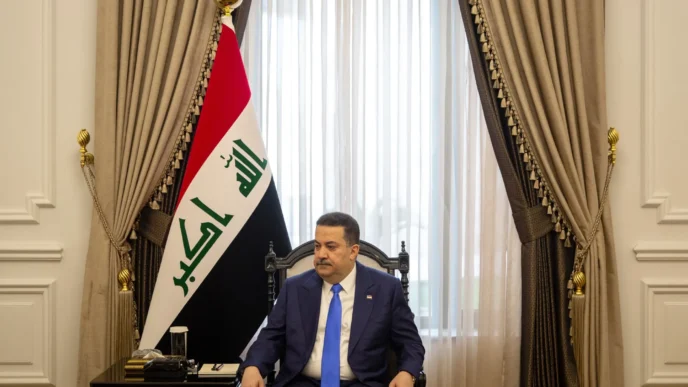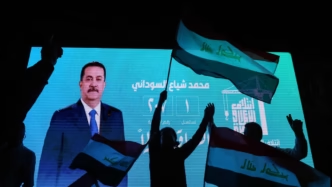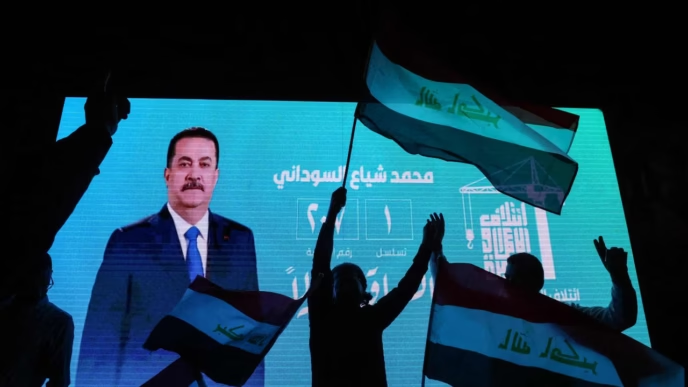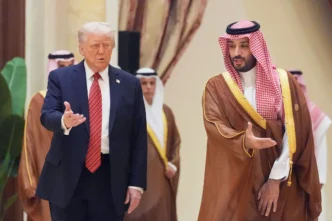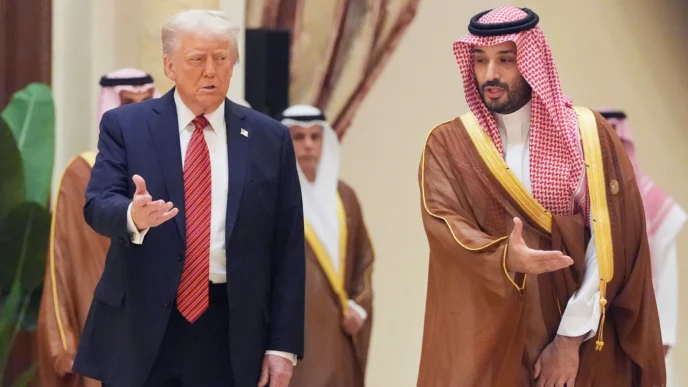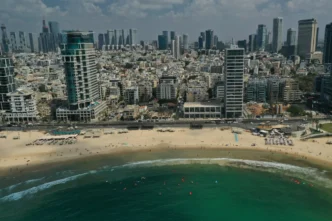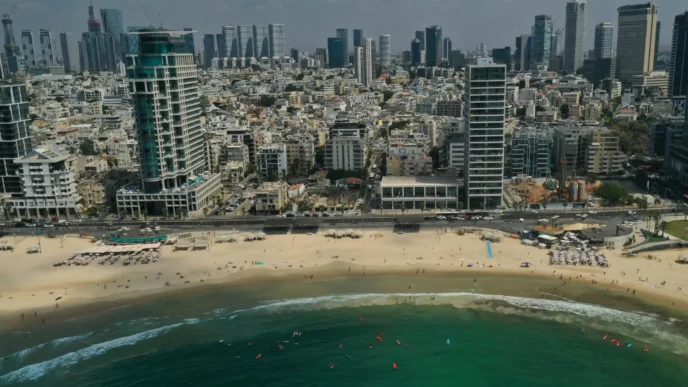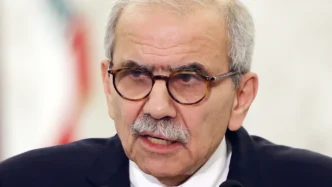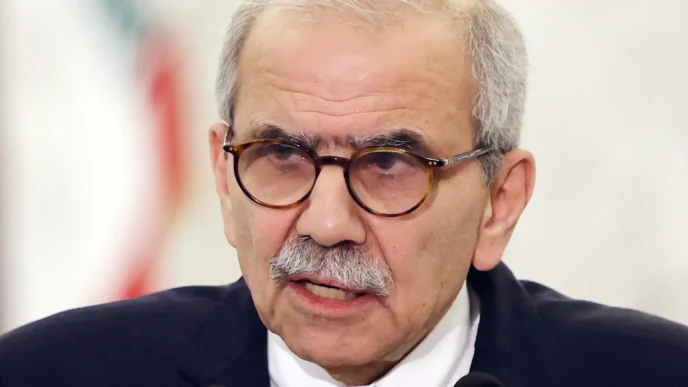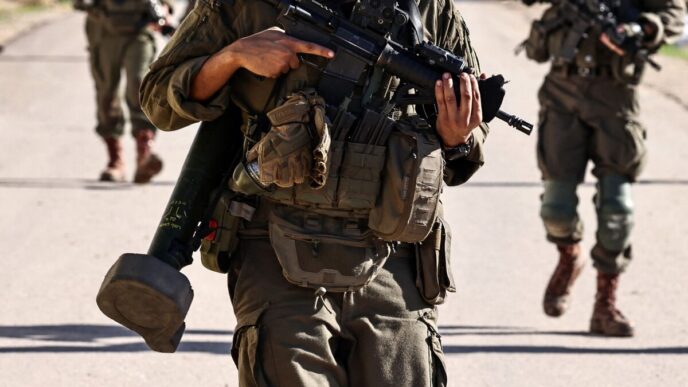The Middle East stands on the brink of another escalation as Israel intensifies its airstrikes in southern Lebanon, targeting what it claims are Hezbollah military positions and weapons depots. The latest wave of attacks marks one of the most significant upticks in cross-border violence in years, deepening fears of a broader regional confrontation that could draw in Iran, Syria, and Western powers.
The Israeli government says its actions are a direct response to a series of rocket and drone attacks launched from Lebanese territory, which it blames on Hezbollah. The Iran-backed militant group, meanwhile, has vowed to retaliate, accusing Israel of “aggression” and warning that continued strikes will be met with “a proportionate and painful response.”
A Cycle of Retaliation
Tensions between Israel and Hezbollah have simmered for months amid the ongoing Gaza conflict, where Israel’s operations against Hamas have drawn international scrutiny. Analysts say Hezbollah’s increasing activity along the northern border is part of a calculated pressure campaign designed to stretch Israeli military resources and demonstrate solidarity with Palestinian militants.
In response, Israel has escalated its military posture, deploying additional Iron Dome defense systems and reinforcing ground troops near the Lebanese border. The Israeli Air Force has conducted dozens of sorties over Lebanese territory, striking suspected weapons convoys and intelligence centers linked to Hezbollah.
Israeli Defense Minister Yoav Gallant declared that “Israel will not tolerate any attacks from Lebanon,” adding that the country is prepared for “all scenarios — including a full-scale confrontation.”
Hezbollah, led by Hassan Nasrallah, has issued equally defiant statements. In a televised speech, Nasrallah accused Israel of “pushing the region toward total war,” asserting that the group’s “resistance is stronger, more organized, and better armed than ever before.”
Civilian Toll and Diplomatic Fallout
As the exchanges intensify, civilians on both sides of the border are paying the price. Thousands of Lebanese families have fled villages near the Israeli border, fearing bombardment, while Israeli communities in the north have been evacuated or placed under emergency alert.
The United Nations Interim Force in Lebanon (UNIFIL) has urged both sides to de-escalate and respect the Blue Line— the UN-demarcated border between Israel and Lebanon — warning that the situation could “spiral out of control.”
Meanwhile, Washington, Paris, and Brussels have been working behind the scenes to prevent the confrontation from exploding into a full-scale war. U.S. Secretary of State Antony Blinken reiterated America’s support for Israel’s right to defend itself but emphasized that “diplomatic channels must remain open to avoid a wider conflict.”
Hezbollah’s Calculus and Iran’s Role
Hezbollah’s actions are closely tied to Iran’s regional strategy, which seeks to exert pressure on Israel and its Western allies through a network of proxy forces. Tehran has repeatedly warned that any Israeli escalation in Lebanon or Syria would be “met with a strong regional response.”
Military experts believe Hezbollah’s growing confidence stems from years of battlefield experience in Syria and expanded missile capabilities, including precision-guided systems capable of striking deep inside Israel.
However, Hezbollah also faces domestic constraints. Lebanon’s economic collapse and political paralysis have left the population wary of another devastating conflict. For now, Nasrallah appears to be walking a fine line — signaling strength while avoiding a full-scale war that could further destabilize Lebanon.
Israel’s Strategic Dilemma
For Israel, the situation presents a dangerous paradox. While the government insists it must deter Hezbollah and prevent northern incursions, an expanded campaign risks opening a second front while the Gaza conflict remains unresolved.
Prime Minister Benjamin Netanyahu faces growing domestic pressure to demonstrate control and deterrence, yet international partners — particularly the United States — have warned against a regional escalation that could drag the entire Middle East into war.
Israel’s strategy, according to analysts, is to degrade Hezbollah’s operational capabilities without triggering a full-scale conflict. But as both sides trade fire with increasing frequency, the line between deterrence and war is becoming alarmingly thin.
The Broader Implications
The unfolding situation threatens to destabilize a region already strained by multiple overlapping crises — from Syria’s reconstruction challenges to Iran’s nuclear tensions and the ongoing humanitarian disaster in Gaza.
If the confrontation spirals further, it could also disrupt vital energy and trade routes in the Eastern Mediterranean, affecting European interests and complicating efforts to secure regional stability.
The European Union and the United Nations have called for an immediate ceasefire, warning that continued escalation could have “unpredictable and catastrophic consequences.”
Conclusion
Israel’s escalating strikes in Lebanon and Hezbollah’s mounting defiance have brought the region to a dangerous crossroads. With both sides entrenched and external actors struggling to mediate, the risk of miscalculation looms large.
The next few weeks could determine whether the Middle East heads toward a new warfront or manages to pull back from the brink — but as of now, the shadow of conflict hangs heavier than ever over the Israel-Lebanon border.


